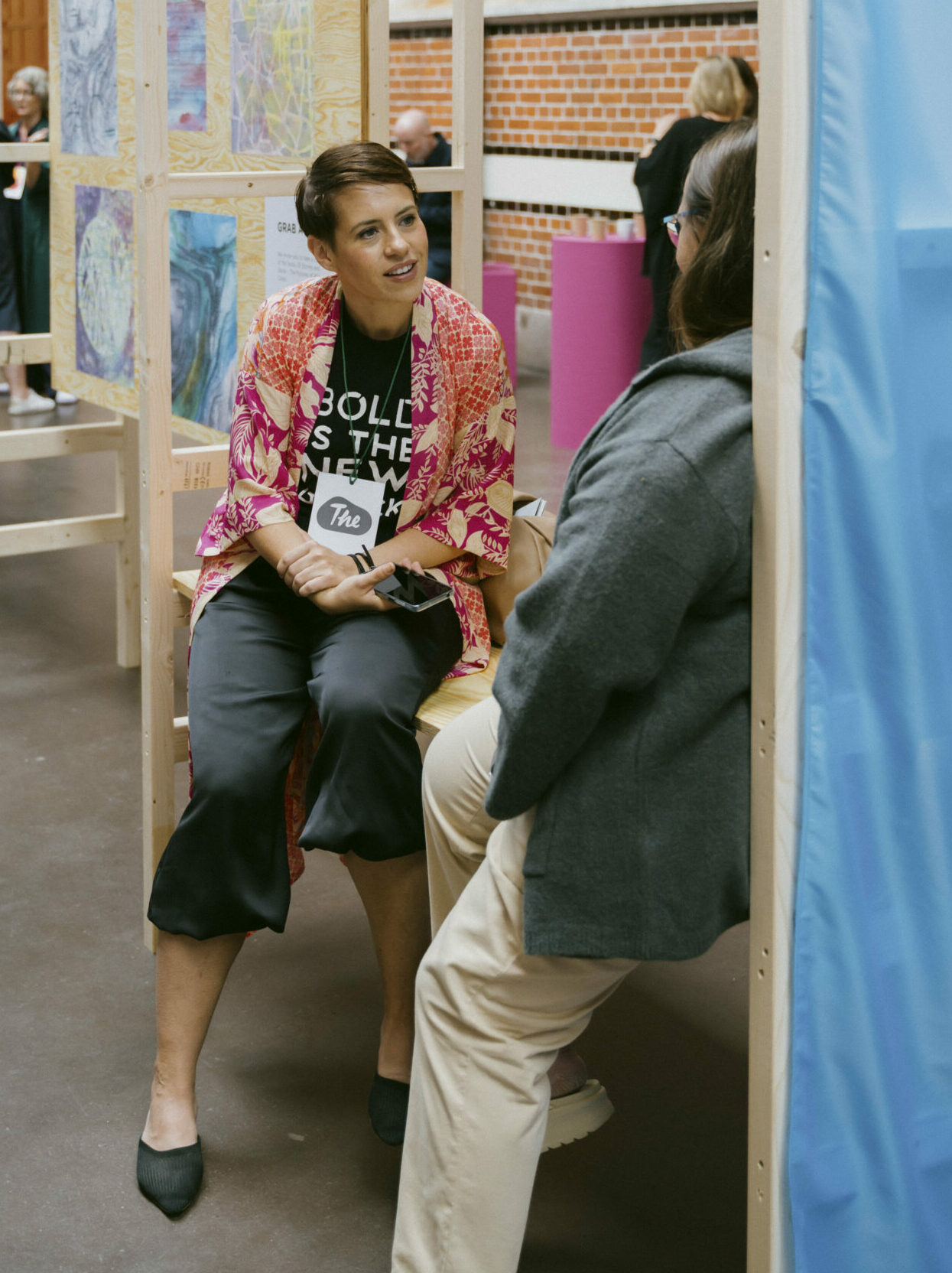If you prefer to read rather than listen, please continue here:
The pattern I see in coaching clients:
When working on projects in regards to burnout prevention and work-life-balance I spend a fair amount on helping my clients refine their emotional intelligence. In particular I love to help them to ‘flip the emotion’ and see the other side of the medal.
This is necessary because our emotions are always connected to our memories and within the boundaries of our personal history our emotions and consequent reactions make sense. We use our emotions as strategies to deal with life and that guides our behaviours to get the best possible outcome according to our personal emotional logic.
So all is well when our emotions get us to act in a manner that is helpful, but when a particular emotion leads to habits and behaviors that are unhelpful, holds us back and leaves us feeling stuck, it’s time to ‘flip them’.
As todays example I want to talk about how we can ‘flip’ empathy – not reject its power but use it in a way that works for us.
‘The problem’ with empathy
‘Flipping empathy’ becomes necessary when an already high empathetic leader is overusing their empathy too one-sided and is heading into burnout, or when in team trainings an individual rejects the idea of being more empathetic because they associate it with being overly emotional, being too easily emotionally manipulated, being too invested, or having boundary issues.
So let me present you the ‘flip-side’:
Most of the times we talk about empathy as something we give. Something valuable for someone else when THEY are going through a challenging situation.
But there is another side to empathy we often forget- the one that is making OUR OWN LIFE better.
To be empathetic means you can also dive deep into other peoples positive feelings.
In psychology this is called CAPITALIZATION – and it’s a double , a triple win.
- You are still being supportive of another person celebrating their joy, success and triumph. You are making their joy bigger and that makes you a great friend to them and strengthens your relationship. But besides that,
- You get to experience and savor happiness, even if it isn’t happening to you directly. Enjoying a moment of happiness is like getting a vitamin booster – helping you to be healthier, be more creative and energetic.
- You get to influence the mood in a social setting with other people (see my post on ‘The Network Effect Of Emotions.’)
So just as the term suggests: we capitalise from being empathetic. A true win-win with no loss.
So whether you were so far on the fence with empathy, or only using it it to (over-)give without reminding yourself to serve yourself a good slice of goodness.
Next time you find yourself connecting with someone else’s joy and happiness, take a moment to appreciate the ripple effects it has in your life.
In resume:
Empathy is an incredible asset, but it can also be an Achilles heel. When we lean too far into our empathetic nature, we risk taking on the stress and pain of those around us, causing our own emotional burnout. On the other hand, when we reject empathy altogether, we miss out on invaluable connection with those around us. Striking a balance between being emotionally attuned to others and being in control of our own needs can be a tricky endeavor.
At its core, empathy is about allowing ourselves to stay open to understanding others’ perspectives without succumbing to their emotions or anxieties. It is about seeing another’s difficulties through the lens of compassion and understanding, instead of attempting to shoulder their burdens directly. As Brene Brown said, “Empathy fuels connection; sympathy drives disconnection.”
The key is to understand that the act of empathy isn’t always easy – it requires self-awareness, an openness to emotion, and the courage to recognize and (lovingly) set boundaries. Empathy encourages us to connect not just with those we love, but with everyone – even those we feel more distant to.
Nietsche said: Emotions exist to maximise our lives and that is exactly what I’m encouraging you to do. Taking time to refine your EQ will always benefit you whether you’ve done it before or a re completely new to it. Our emotions carry relevant information, but it is on us to make an evaluative choice.
- Does it help?
- Will my life thrive if I take this on?
- Or: How can I use it differently to make my life richer?
How we choose to use and act on the information our emotions are trying to give us shapes our relationships, both with those around us and with ourselves.
What now?
Are you struggling to find a balance between your empathetic nature and your own needs? Do you find yourself taking on the stress and pain of others to the point of emotional burnout? Or maybe you’re leading a team and struggle to get all members to use EI to connect with others and create more impactful results?
Well, I’m here to tell you that With EQ coaching and team-building workshops, you can learn to harness the power of empathy in a healthy and sustainable way.
With the right tools and guidance, you can learn to navigate these tricky and challenging situations with grace and compassion.
So, I encourage you to take the first step toward building stronger, more connected relationships – both with those around you and with yourself. Sign up for an EQ coaching session or team-building workshop today and start experiencing the power of refined EI for yourself.
As Brene Brown said, “Empathy fuels connection.” Don’t miss out on this incredible opportunity to connect with those around you and build deeper, more meaningful relationships. Join us today and start your journey toward better emotional & metal wellness!


